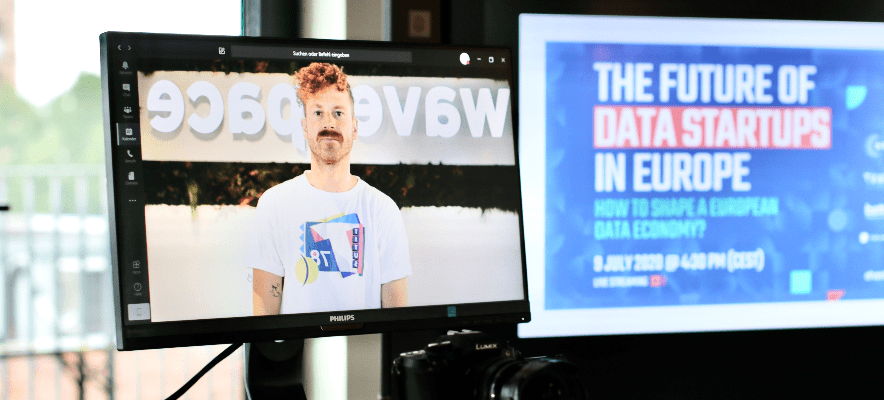Creating your own fintech supermarket – Gregor Puchalla’s guest contribution in Private Banking Magazin
22. September 2016
The digitization of the financial sector is in full swing. Although fintechs were generally viewed as new competitors to begin with, established financial services providers have since changed their attitude significantly. Increasingly, fintechs are being seen as an opportunity and new partnerships are being forged between banks and financial startups. In his recent guest contribution in Private Banking Magazin, Gregor Puchalla, Managing Director of FintechStars and Managing Director of FinTechCube, explains how banks can build their own fintech supermarkets.
In contrast to banks, fintechs generally focus on one step of the value creation chain, for which they develop highly specialized web and mobile applications. In addition to their digital expertise and their agile way of working, the most impressive thing about fintechs and their products is the way they focus on clients, transparency, and an attractive pricing structure. Banks can make good use of these advantages by integrating specialized products and services provided by fintechs into their own portfolio. At the same time, this means that they are increasingly playing the role of an intermediary.
The bank becomes an intermediary and a trusted advisor
Taking on the new role of ‘trusted advisor’ increases the importance of the established financial service provider. In the context of a wide range of digital banking services that is now very hard to understand, it also provides its customers with a clear overview. Because the bank has carefully selected its portfolio of fintechs and has ensured that security is sufficient, the customer can trust the integrated fintechs and can start using their services immediately. Furthermore, customers no longer need to register with multiple platforms – the services they want are all in one place. By partnering with the fintechs, the banks also gain digital access to new target groups. The technological prerequisite for this approach is an open banking platform that provides interfaces to facilitate the integration of selected fintechs. Thus, the bank becomes a fintech supermarket “that provides customers with the right digital services in a quick and efficient manner – all in one platform,” the article explains.
This model makes it possible for win-win-win situations to develop. The culture at banks is often shaped by rigid processes and hierarchies, so they often benefit from the agile way that young fintechs think and work. In turn, fintechs gain quick access to a critical mass of customers and they can benefit from the many years of experience and the expertise offered by the banks, particularly in the area of regulation. In the end, the customers benefit as well because they have a flexible way of accessing both traditional banking services and digital fintech services.
The competition never sleeps
Yet banks must react quickly if they are to make use of these benefits, because the competition never sleeps. In particular, the large digital corporations such as Google, Apple and Amazon are already in the process of gaining a foothold in the financial sector and are using disruptive approaches to attack existing business models. Nevertheless, many banks are still just watching rather than doing. They may discover that this passive approach is very costly.
To find out the measures that banks need to take in order to arm themselves for digitization, read the full article on the Private Banking Magazin website (in German).
Digital Finance Berlin conference on October 6, 2016
The cooperation between banks and fintechs is also on the agenda at the Digital Finance Berlin conference, which is being organized by the Berlin School of Digital Business and FinTechCube. On October 6, decision-makers from the banking and fintech sectors will gather to consider the following topic: “An open banking platform – how banks can build their own fintech supermarkets.”
Those attending include Commerzbank, DKB and UBS, as well as fintechs such as barzahlen.de, Companisto, figo, Guidants, moneymeets, Seedmatch, SumUp, treefin and vaamo. There will be innovative formats such as the FinSlam, whereby banks and fintechs take each other on. They must present the audience with a short pitch for a digital solution that relates to the topic of ‘open banking platforms.’






* Required field